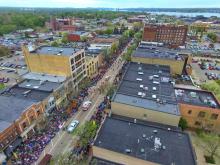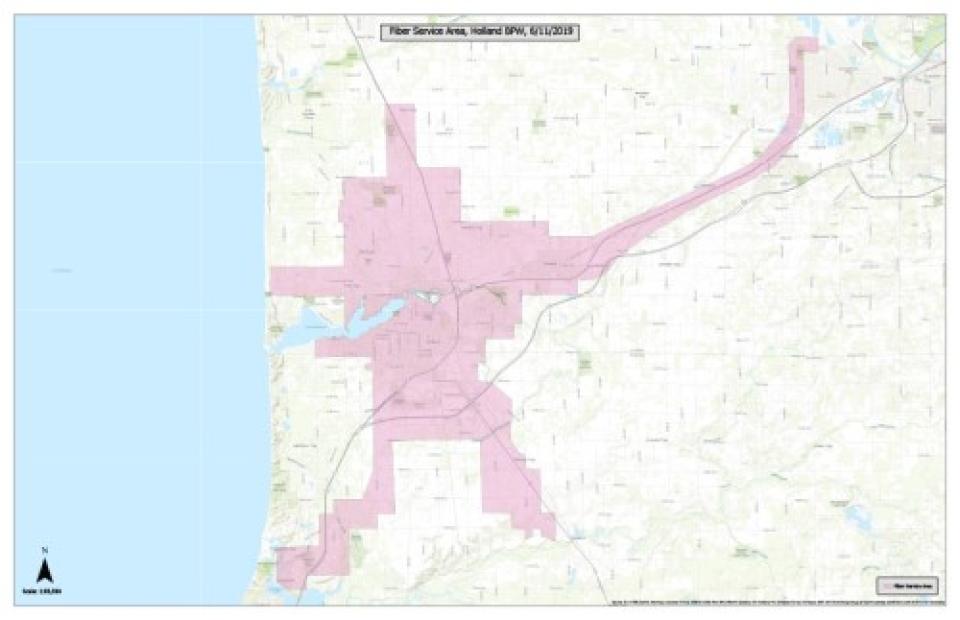A Foundation for the Future of Digital Equity Work - Episode 520 of the Community Broadband Bits Podcast

This week on the podcast, Christopher is joined by Pamela Rosales (Training and Community Engagement Manager, National Digital Inclusion Alliance) and Davida Delmar (Digital Inclusion Manager, Amerind). Pamela and Davida talk about their digital inclusion work and how it differs across Tribal communities as compared to rural and urban areas. They also catch Christopher up on what's going on in cities and nationwide in the digital equity space, from how to develop outreach channels during an ongoing pandemic, 2022's Digital Inclusion Week, NDIA's ongoing Digital Navigator Program that is beginning to ramp up, what we can expect to see down the road in terms of needs and resources, and more.
This show is 31 minutes long and can be played on this page or via Apple Podcasts or the tool of your choice using this feed.
Transcript below.
We want your feedback and suggestions for the show-please e-mail us or leave a comment below.
Listen to other episodes here or view all episodes in our index. See other podcasts from the Institute for Local Self-Reliance here.
Thanks to Arne Huseby for the music. The song is Warm Duck Shuffle and is licensed under a Creative Commons Attribution (3.0) license.



